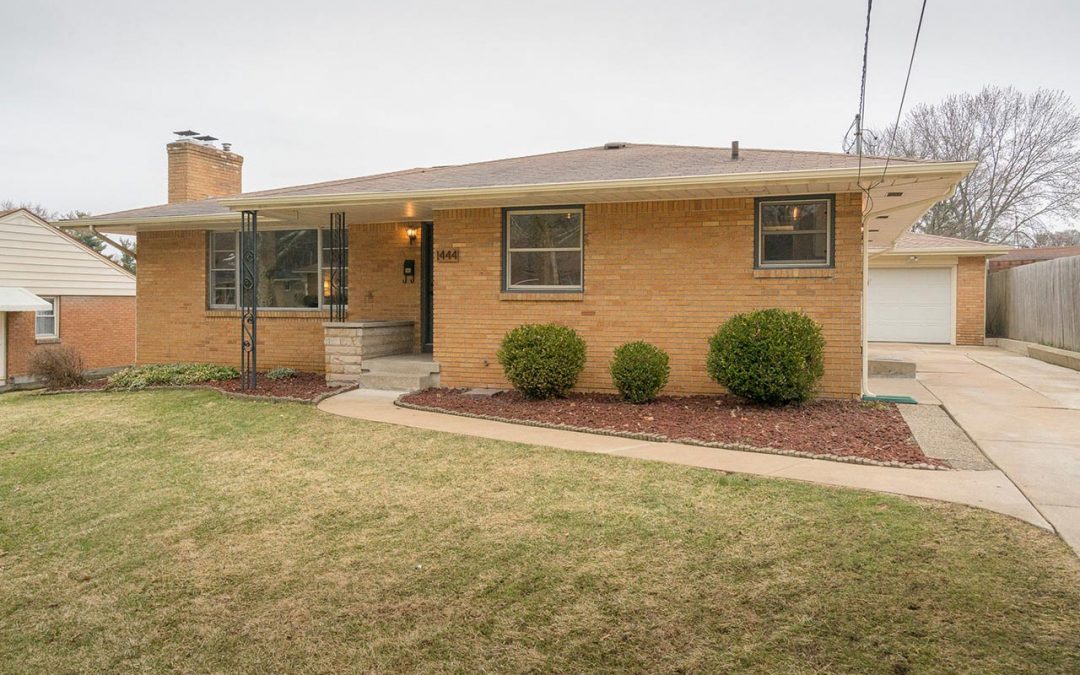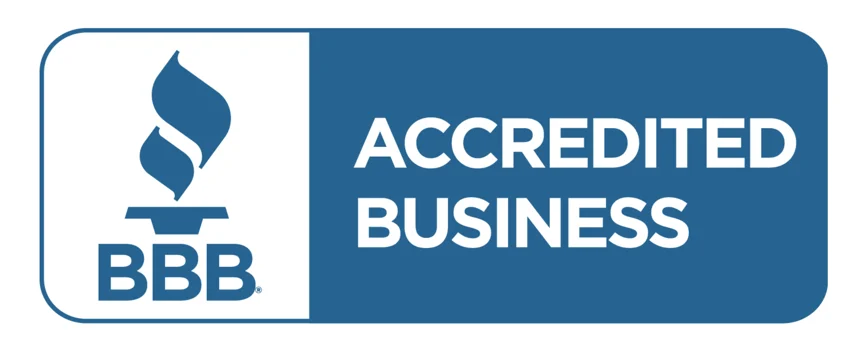Does a career or side hustle in real estate investment sound exciting to you? To help you determine if this could be your next career move, let’s discuss the steps you can take to learn how to become a real estate investor in Michigan.
What is a Real Estate Investor?
As the name suggests, a real estate investor is someone who invests money into real estate properties in order to make a profit.
Here are just a few of the many ways real estate investors generate cash flow:
- Renovating fixer-upper houses and selling them for a profit.
- Buying an apartment complex, hiring a management company to handle its day-to-day operations, and receiving cash flow from it every month.
- Flipping vacant land by purchasing it at a lower price and selling it at a higher price.
- Investing in a real estate investment trust (REIT) for passive income.
- Buying fixer-upper properties, renovating them, and renting them out for monthly cash flow.
- Purchasing vacant land, building a house on it, and selling it for a profit.
As real estate investors make money with each deal, the money they have available to them in order to buy more properties increases, and the cycle of buying, renovating, selling, and earning more money continues. As their cash flow increases, they’re able to invest in more expensive, risky, and potentially profitable projects.
Benefits of Investing in Fixer-Upper Properties
Now that we understand a few of the ways real estate investors make money, let’s discuss a few of the advantages of investing in fixer-upper properties:
- Lower cost: Due to the amount of work fixer-uppers require they are available at a lower cost. This can be enticing for real estate investors because the cost of acquiring the property and fixing it up is usually lower than buying a turnkey property.
- Potentially less competition: Homes that require a significant amount of work can often drive away the competition because they don’t want to invest the time and money to fix up the property.
- Opportunities for customization: Properties that require significant renovations often provide the opportunity for a clean slate, meaning investors are able to tailor the property to suit their desired outcome and maximize their profits.
5 Steps to Take to Become a Real Estate Investor
Let’s discuss a few of the steps you can take when determining how to become a real estate investor in Michigan.
1. Consider Important Qualities of a Real Estate Investor
Before diving right into a potential real estate investment career, take a moment to reflect on the qualities you bring to the table in order to determine if this is the right career path for you.
To help you come to a conclusive decision, here are a few important qualities real estate investors possess:
- Analytical skills: A large portion of your time as a real estate investor, especially when starting out on your own, will be spent analyzing data. This includes compiling useful data like available listings, past sale prices, renovation costs, and more to help you make your investment decisions.
- Money management skills: Managing a real estate portfolio requires strong money management skills. Real estate investors will need to have the self-control to be able to reinvest profits back into the growth of the business instead of spending them on more immediate rewards.
- Living in a desired location: If you plan on making investments in the city where you live, you’ll want to first evaluate the quality of the real estate market in your area. How long are properties staying on the market? Do you live in a popular residential neighborhood, or in a noisy area near the airport? While it is possible to make real estate investments outside of your area, this might be more difficult for you when you’re just starting out.
- Negotiation skills: Being a real estate investor involves near-constant negotiations. You will be negotiating the purchase of properties at a price that works for your business, and you’ll also be negotiating the sale of these properties that ensures you maximize your profits.
- Patience: Being a real estate investor requires a lot of patience! Acquiring properties, renovating them, and selling them do not happen overnight. Sometimes finding a deal that meets your criteria can take several months on its own. There can also be construction delays, market slow-downs, and other unforeseen obstacles that can slow down the process. Having patience during difficult times will help you become a successful real estate investor.
If you feel like you do not already possess these skills, take time to self-reflect and determine if you could realistically develop them.
2. Learn About Real Estate
Building up your real estate knowledge will help set up your investment business for success. The more you understand market trends, transaction processes, and property values, the better equipped you will be to run your business.
Growing your knowledge can involve taking online courses, attending an in-person real estate course, or conducting your own research. How far you take your research before you begin establishing your real estate investment business is up to you.
3. Network With Other Investors
A helpful way to learn how to become a real estate investor is to talk with other real estate investors. This can include picking their brain to help determine if this is the right career path for you, asking for advice on how to begin, or requesting constructive criticism of your investment strategy. The connections you make with other real estate investors could also be particularly useful down the line when you’re looking for someone to partner with.
4. Determine Your Investment Strategy
Before establishing your investment strategy, ask yourself how much time and money you have to spend on this business. Will you be making high-risk or low-risk investment decisions? Will you be taking an active or passive role in the business? These factors will play a huge role in how you’re able to craft the direction of your real estate investment business.
An important part of determining your investment strategy involves deciding whether you want to make long-term or short-term investments. Short-term projects would include purchasing a fixer-upper, renovating it, and selling it for a profit in a span of less than 6 months. Long-term projects could include buying an apartment complex, making any necessary renovations, renting it out, and collecting monthly income for several years.
Another important part of your investment strategy is determining how much of the business you are going to handle yourself and how much outside help you want to take on. This includes conducting research, facilitating real estate transactions, taking on outside investments, and more. Handling all of the work yourself will take up more of your time, while outsourcing the work will use up more of your funds for the business.
5. Learn How to Find Opportunities
After you’ve educated yourself on the real estate industry and determined your real estate investment strategy, it’s time to find properties to invest in. This is an exciting part of becoming a real estate investor in Michigan because it actually involves taking action and purchasing properties.
Learning how to find real estate investment opportunities involves:
- Narrowing down your search based on what you’re looking for, whether it’s vacant land, multi-family properties, or a single-family fixer-upper
- Running the numbers on how much your investment into the property would cost, including renovations, and what profit you would potentially earn
- Negotiating the purchase of the deal like a pro!
Buying properties will also be a complex process full of successes, mistakes, and learning opportunities.
Partner with Hometown Development for Real Estate Investment Opportunities in West Michigan
We hope this article taught you more about how to become a real estate investor in Michigan, and we wish you the best of luck as you take on this new endeavor! If you’re interested in investing in the West Michigan area, connect with our team for partnership opportunities.
















